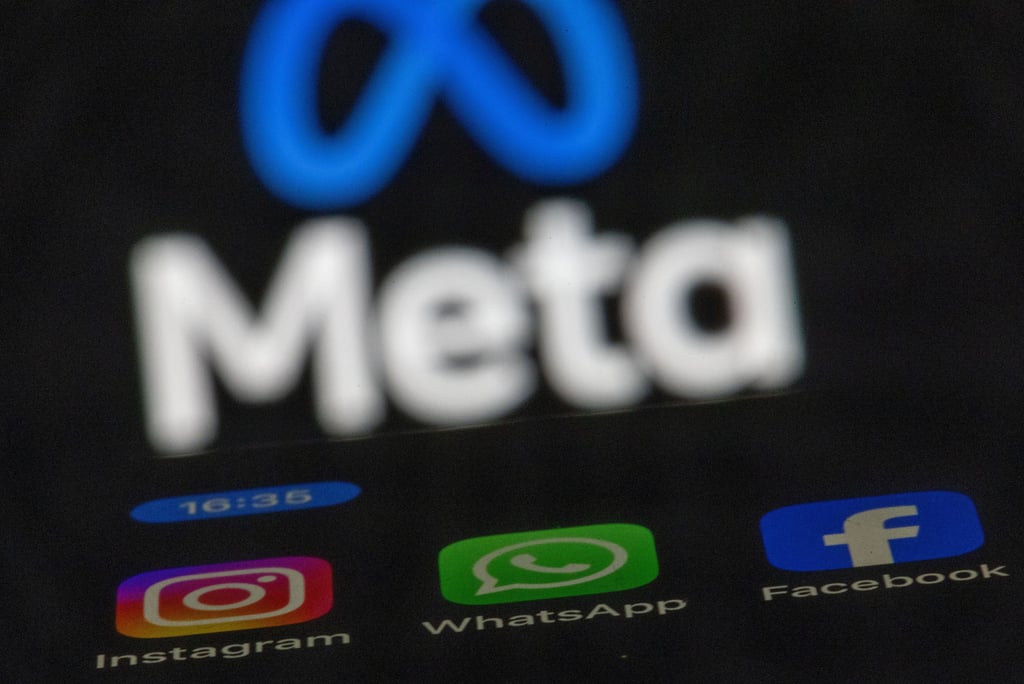On Wednesday, communications chief Fahmi said he would travel to Singapore on Sunday to meet representatives of major social media companies to raise Malaysia’s concern over varying levels of compliance regarding the proliferation of online crime on their respective platforms.
“Some are quick to comply, some refuse to comply at all, or take a very long time to respond to [Malaysian] authorities,” Fahmi said.

According to him, the compliance rate across social media platforms is the highest among Meta’s Facebook, Instagram and WhatsApp at 84 per cent, 76 per cent on TikTok, and 65 per cent on Telegram.
“The lowest, last in class, is Twitter – or X – at just 25 per cent,” Fahmi said.
These figures are based on whether the platform owners acted on complaints raised by the government over content on the platforms.
The minister added that compliance involved mutual understanding between social media platforms and the government’s Malaysian Communications and Multimedia Commission.
“The one who ultimately decides to take down any content is the respective platform,” he said.
The proposed new online safety law, which is being “fine-tuned” as of March, seeks to compel social media service providers to apply for licensing to operate in Malaysia.
The government says this is necessary due to the prevalence of harmful content on social media and internet messaging platforms.
Benjamin Loh, director of the Peace, Justice and Strong Institutions Impact Lab at Taylor’s University, voiced concern the new laws enacted might be broad enough also to police random accounts engaging in political trolling, which is technically a legal activity and has been part and parcel of internet culture since the 1990s.

Loh said Fahmi’s broader use of the term “online crime” appeared to be deliberate in laying the foundation for how widespread the potential online safety bill might be.
“The government is positioning itself to be more paternalistic and authoritarian, taking away agency from the people,” Loh told This Week in Asia.
“It could have a chilling effect on political discourse online, which is a fear that us media scholars and NGOs have been warning for some time.”
This came as at least three anonymously run accounts critical of Prime Minister Anwar’s administration on billionaire Elon Musk’s X platform were “withheld” from being accessible in Malaysia under existing Malaysian law and X’s supposed low level of compliance.
On its website, X says such action is “limited to the specific jurisdiction that has issued the valid legal demand or where the content has been found to violate local law”.
This Week in Asia has reached out to Fahmi’s office on this development.
Berlin-based censorship researcher Travis Brown said X had started withholding anti-government accounts since Tuesday.
“[It] is a first for that country as far as I can tell,” Brown said on his Bluesky page, a microblogging platform akin to X.
Brown researched hate speech and account suspensions on X through a software tool he built with the Open Knowledge Foundation, a data transparency non-profit.

